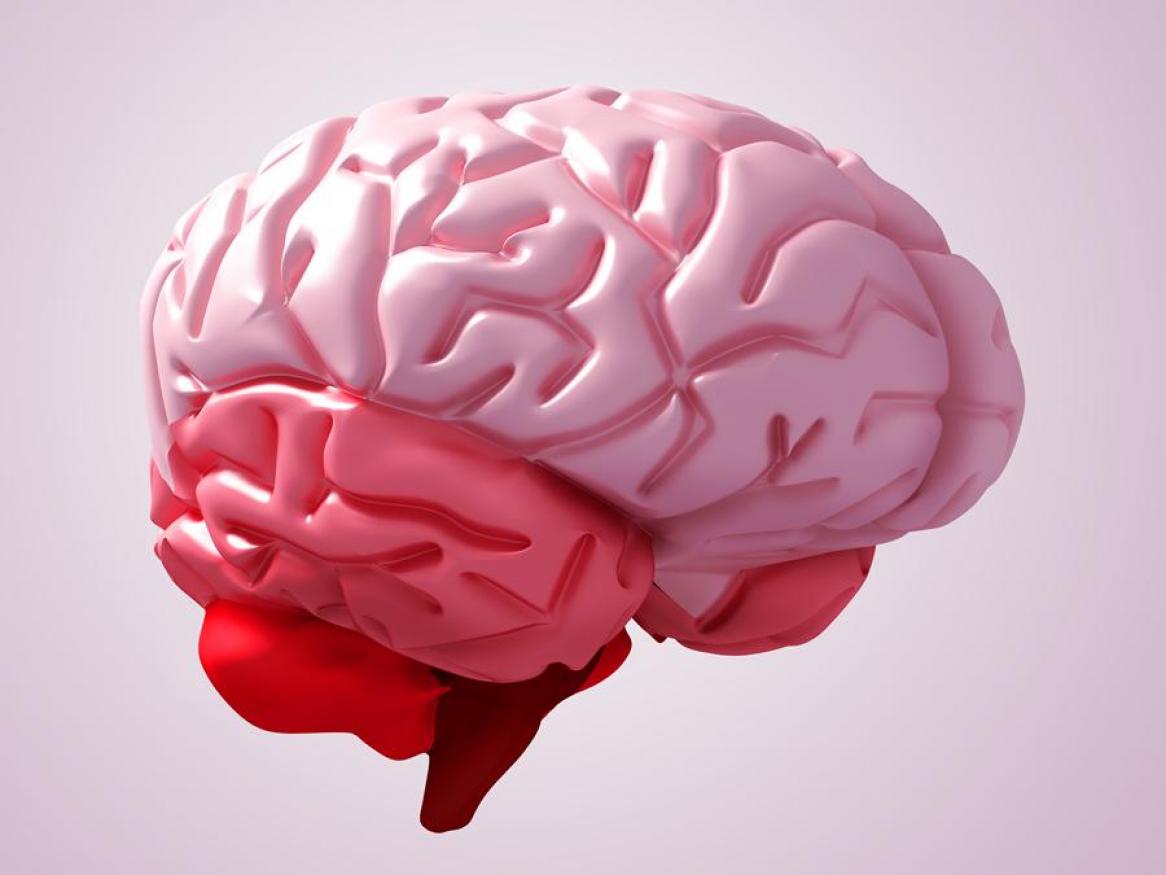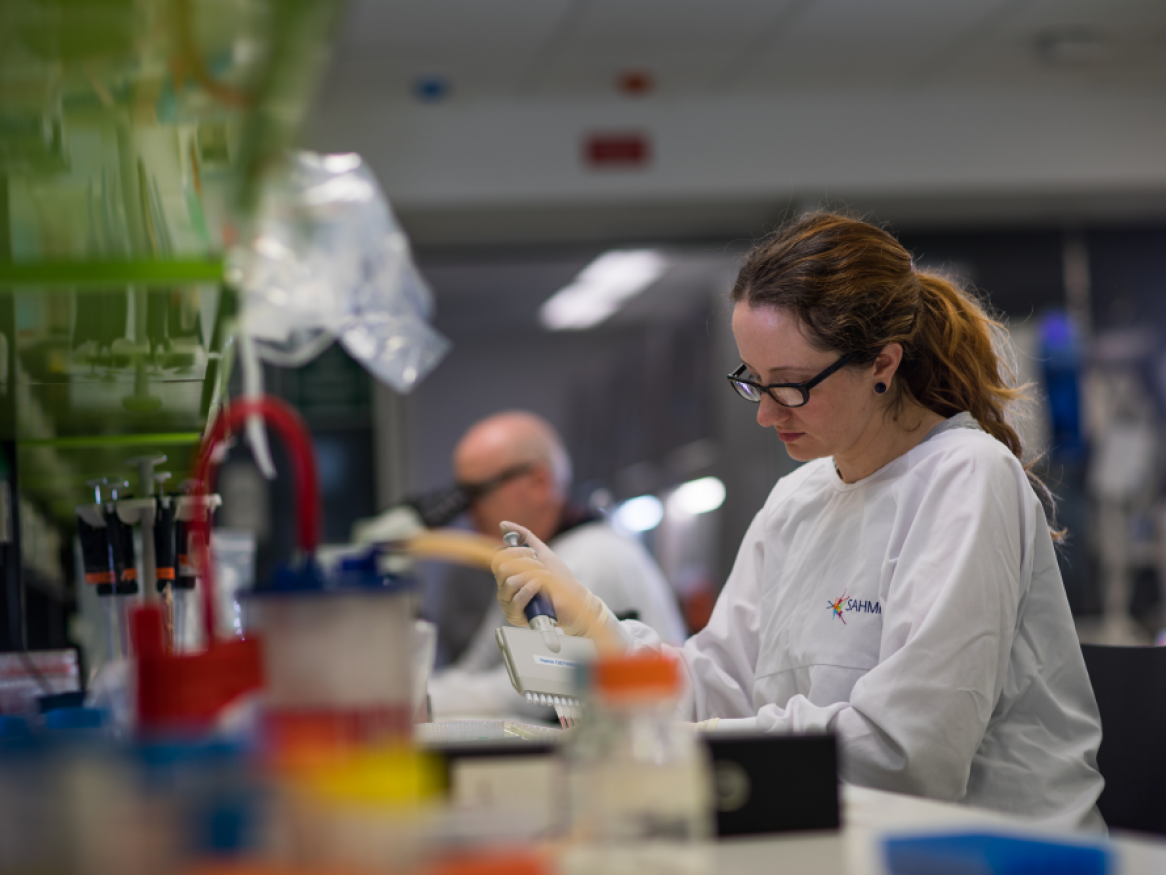Neuroimmunopharmacology Laboratory
Our laboratory investigates the function of glia cells in a normal healthy brain to better understand their role in chronic pain, drug addiction and epilepsy.
Ever wondered why we ‘use’ only ten percent of our brains? About ten percent of our brains are made up of neurons. These cells, which are also found in our spinal cords, convey critical information at astonishing speeds throughout our central nervous system. But we haven’t yet recognised what the other 90 percent of our brain cells do.
The remaining brain cell types are immune-like cells of the central nervous system, called ‘glia’—including microglia, astrocytes and oligodendrocytes. These cells not only hold the brain together, but also make sure the central nervous system is fed, cleaned and repaired. But they have an even more critical function.
Ever wondered how you know you’re sick? The immune cells of the brain and spinal cord help convey some of this information from your peripheral immune system to the brain and help change your behaviour when you have an infection.
But these glial cells of the brain can also change behaviour in bad ways. Immune responses in the brain have now been implicated in almost every central nervous system disease, from depression and anxiety, through to epilepsy, stroke and drug addiction.
Our goal in the Neuroimmunopharmacology Laboratory is to discover new mechanisms of disease so we can make drugs or treatments that can regain control of these glial cells to prevent diseases. Importantly, our research will lead to disease cures—not just treatments.
Interested in a postgraduate research degree?
We offer exciting opportunities for researchers at the honours, masters and PhD levels. Our research degrees are open to students from a broad range of backgrounds, and range from basic sciences to clinical research. If you are interested in human health, consider furthering your research career with us.









